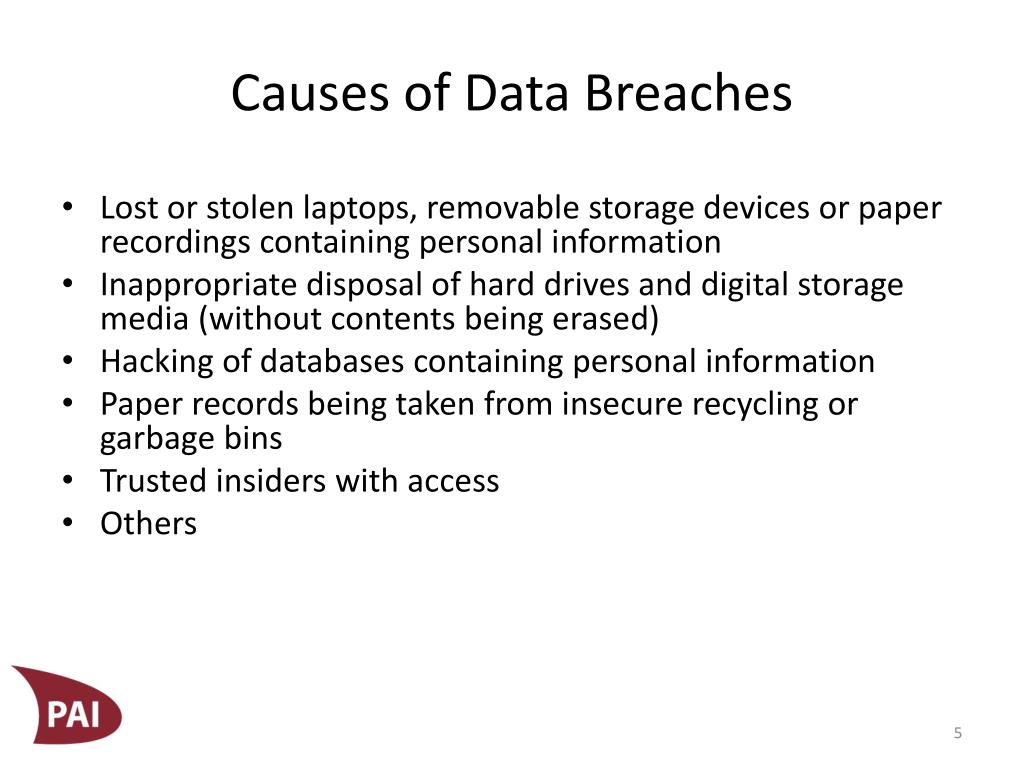

It may be a breach of contract, often an anticipatory breach if one party disables himself from performing the contract. The breach must be such that the innocent party is deprived of the substantial benefit of what he has contracted for. The test for a fundamental breach is whether it goes to the root of the contract. Where the party in default commits a fundamental breach of contract, the innocent party may treat the contract as terminated as regards his future obligations and sue for damages. His obligation to perform may not arise at all where the other party must first perform his obligations under the terms of the contract and the failure to do so is a fundamental breach.

A party may be entitled not to perform because a defined event or circumstances under the contract has occurred.Ī party may be excused from performance because of the other party has committed a fundamental breach of his prior obligations. If this is the case, then it will not constitute a breach of contract. The non-performance of a contract may be justified by a lawful excuse. In this case, the failure to sell/ supply work is not a breach. It may simply contemplate individual contracts being entered on its general terms, as and when sales/jobs arise and whereupon their individual basic terms are agreed and the standing terms apply. There may be no promise to provide sales /work under it. There may be a standing supply contract, which sets out the conditions applicable to individual sales/ jobs. There may be no contractual obligation at all, even though there is a contract in place. This raises issues of fact and law as to the terms of the contract, their interpretation, what has occurred and the consequences under the contract. What is or is not a breach, depends on the terms of the contract and the facts and circumstances of the performance or defective performance in question. A party’s obligation may never arise if the other party repudiates it or commits a fundamental breach of his prior obligations.

There is no breach before the due date unless there is an anticipatory breach or an explicit rejection of the contract. The relevant obligation must have arisen and fallen due. In this case, the party with the obligation may breach the contract by failing to do so. In the case of many preconditions, there is a promissory element on the part of one or both parties to use reasonable endeavours to cause it to occur. Where the contract provides that a particular state of affairs must exist before obligations arise, such for example in the case of a unilateral contract, then the failure of such condition to occur is not a breach of contract. The contract term must be a promise rather than a precondition to the contract. A breach of contract occurs when one party fails or refuses without lawful excuse, to perform his obligations under the contract in accordance with its terms.


 0 kommentar(er)
0 kommentar(er)
